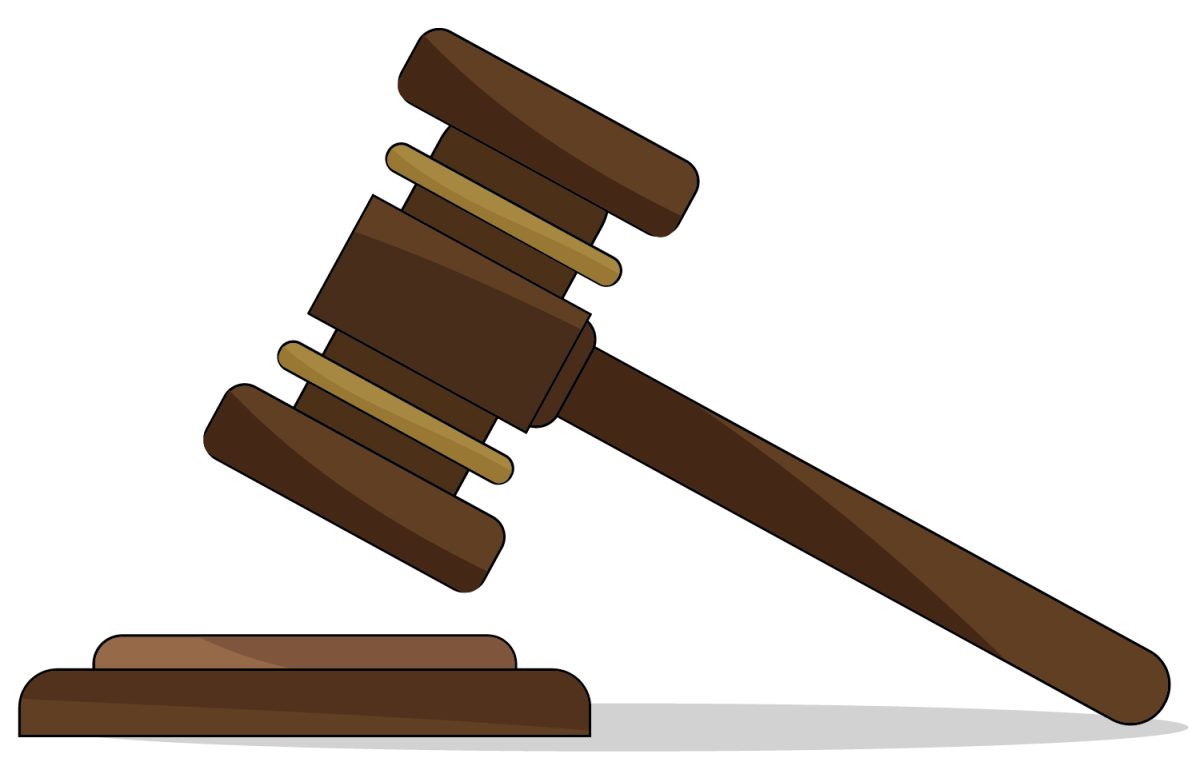European Union antitrust regulators hit Apple with a $2 billion fine, the third largest fine in EU history On March 4. The EU Commission said its investigation found that “Apple bans music streaming app developers from fully informing iOS users about alternative and cheaper music subscription services available outside of the app.” This investigation started four years ago when Spotify submitted an official antitrust complaint against Apple.
This is only one of the many antitrust problems Apple has had to face this month. Last year, the EU passed the Digital Markets Act, which creates strict regulations for “gatekeepers” which are companies that provide core platform services, such as search engines, app stores, messenger services, OS systems, and social media apps. These regulations require gatekeeper companies to allow third-party users to have more complete control over their business and how it is distributed among the various services.
This decision has forced Apple to allow third-party app stores onto the iOS market, as well as allow apps to use third-party payment methods outside of the app store. These changes have been applied exclusively in Europe as of March 5.
Many EU developers have already complained about Apple’s fee for utilizing third-party payment systems, such as different app stores or websites, which includes a commission payment of up to 17% as well as a 0.50-euro payment per download after one million downloads.
Most recently, on March 25, the European Commission announced it would be launching an investigation into Meta, Google and Apple’s solutions to the DMA to see if they were compliant with the strict regulations. Specifically for Apple, they are looking into anti-steering rules in the App Store, the new browser choice screen for iOS and the new fee structure for distributing apps outside the App Store EU Commissioner Thierry Breton stated, “We are not convinced that the solutions by Alphabet, Apple and Meta respect their obligations for a fairer and more open digital space for European citizens and businesses. Should our investigation conclude that there is lack of full compliance with the DMA, gatekeepers could face heavy fines.”
Apple has also been having antitrust trouble at home in the United States. On Jan. 16, the Supreme Court ended the four-year Epic v Apple lawsuit, largely resulting in a win for Apple. However, due to a ruling in the Ninth Circuit Court of Appeals, Apple was ordered to allow alternative payment systems in its App Store, echoing the requirement from the DMA in Europe.
Then, on March 21, the U.S. Department of Justice announced they were suing Apple for maintaining an illegal monopoly in the smartphone market. The DOJ stated “Apple exercises its monopoly power to extract more money from consumers, developers, content creators, artists, publishers, small businesses and merchants, among others.”
The DOJ pointed to several ways Apple has allegedly maintained its monopoly, including blocking cloud-streaming apps that could lower need for hardware, limiting third-party smart watch functionality, blocking third-parties from creating competing digital wallets with tap-to-pay, disrupting the creation of “super-apps” so it’s harder for users to change away from iPhone, and suppressing the quality of messaging between the iPhone and other platforms such as Android.
In response, Apple spokesperson Fred Sainz said the lawsuit “threatens who we are and the principles that set Apple products apart in fiercely competitive markets. If successful, it would hinder our ability to create the kind of technology people expect from Apple — where hardware, software, and services intersect. It would also set a dangerous precedent, empowering government to take a heavy hand in designing people’s technology. We believe this lawsuit is wrong on the facts and the law, and we will vigorously defend against it.” According to a second spokesperson, Apple is moving to dismiss the case.




